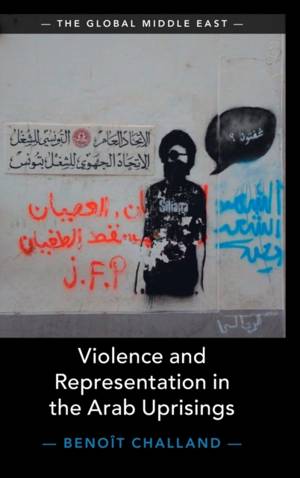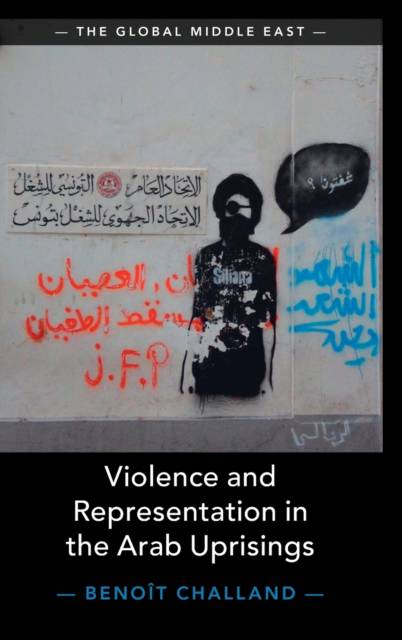
Bedankt voor het vertrouwen het afgelopen jaar! Om jou te bedanken bieden we GRATIS verzending (in België) aan op alles gedurende de hele maand januari.
- Afhalen na 1 uur in een winkel met voorraad
- In januari gratis thuislevering in België
- Ruim aanbod met 7 miljoen producten
Bedankt voor het vertrouwen het afgelopen jaar! Om jou te bedanken bieden we GRATIS verzending (in België) aan op alles gedurende de hele maand januari.
- Afhalen na 1 uur in een winkel met voorraad
- In januari gratis thuislevering in België
- Ruim aanbod met 7 miljoen producten
Zoeken
Omschrijving
Providing a longue durée perspective on the Arab uprisings of 2011, Benoît Challand narrates the transformation of citizenship in the Arab Middle East, from a condition of latent citizenship in the colonial and post-independence era to the revolutionary dynamics that stimulated democratic participation. Considering the parallel histories of citizenship in Yemen and Tunisia, Challand develops innovative theories of violence and representation that view cultural representations as calls for a decentralized political order and democratic accountability over the security forces. He argues that a new collective imaginary emerged in 2011 when the people represented itself as the only legitimate power able to decide when violence ought to be used to protect all citizens from corrupt power. Shedding light upon uprisings in Yemen and Tunisia, but also elsewhere in the Middle East, this book offers deeper insights into conceptions of violence, representation, and democracy.
Specificaties
Betrokkenen
- Auteur(s):
- Uitgeverij:
Inhoud
- Aantal bladzijden:
- 482
- Taal:
- Engels
- Reeks:
- Reeksnummer:
- nr. 21
Eigenschappen
- Productcode (EAN):
- 9781108490184
- Verschijningsdatum:
- 9/02/2023
- Uitvoering:
- Hardcover
- Formaat:
- Genaaid
- Afmetingen:
- 152 mm x 229 mm
- Gewicht:
- 807 g

Alleen bij Standaard Boekhandel
+ 320 punten op je klantenkaart van Standaard Boekhandel
Beoordelingen
We publiceren alleen reviews die voldoen aan de voorwaarden voor reviews. Bekijk onze voorwaarden voor reviews.









